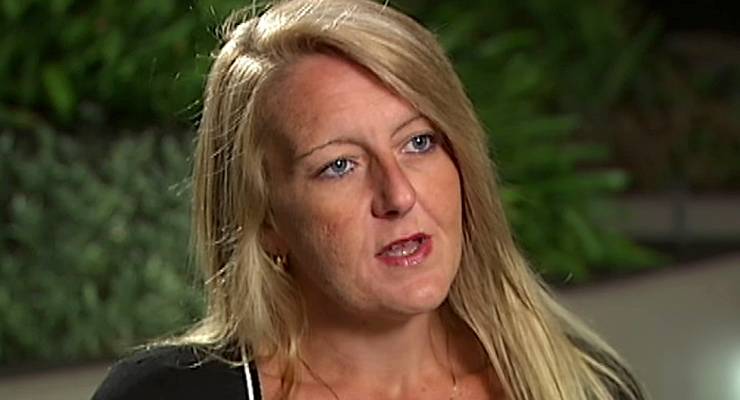
The Age’s latest update on the “Lawyer X” royal commission saga has raised questions on what is acceptable when it comes to reporting on mental health.
Tuesday’s article, which appeared online with the headline “No libido, no hope, but Nicola Gobbo not feeling ‘particularly guilty”‘, clawed through psychiatric and psychological reports Gobbo’s lawyers provided to the Royal Commission into the Management of Police Informants as proof of her inability to give evidence.
In March, it was revealed that Gobbo, a prominent defence barrister, was the registered Victoria Police informant known as Lawyer X between 1995 and 2009. Gobbo had represented several gangland figures, including Carl Williams and Tony Mokbel, whose convictions could be overturned in light of the barrister’s double-dealings.
The rather tabloid-looking article in The Age opened with a line describing Gobbo as a “gregarious, larger-than-life figure” who had lost her “once voracious appetites and withdrawn into a nihilistic state of depression, pain and anger towards Victoria Police”.
The print edition went as far as to publish an excerpt of Gobbo’s filled-out psychological assessment questionnaire, showing the answers she had circled to describe her mental condition: “I feel my future is hopeless and will only get worse”; “I have failed way more than I should have”; “I get very little pleasure from the things I used to enjoy”.

Dr Alex Wake, who manages RMIT’s journalism program, told Crikey that publicly releasing and reporting on these kinds of mental health assessments could “have a wider damaging effect by hindering others from seeking professional help”.
“There is a deep enjoyment in every story [about this case] without any thought of the impact,” she said. “Everyone believes that when they speak to a medical professional, that it will be treated confidentially.
“Ms Gobbo would have known that these reports could have been potentially released. But people may not practice help-seeking behaviour if they think [their mental health disclosures] are going to end up on the front page of a paper, that their employer might find out about it.”
Given the attention this case has received, and the number of conspiracy theories swirling around the inquiry, Wake said there could be a public interest case for detailing the reasons Gobbo’s lawyer has said she is unable to give evidence in court. But Everymind suicide prevention program manager Marc Bryant told Crikey that the report didn’t consider “the needs of Ms Gobbo with respect to privacy and her lived experience”.
Everymind is a national institute dedicated to preventing mental ill-health and suicide, and its program Mindframe helps Australian media safely communicate about these topics.
“The language used to describe a person’s state of mind can contribute to stigma and misinformation being reported to the community,” Bryant said. “Communicating with inaccurate language or not respecting lived experience fosters negative community attitudes and stigmatises people living with a mental illness.”
Wake said that even if reporting this story was in the public interest, best practice “reminds us to downplay any kind of mental illness”.
It shouldn’t be in the headline or the opening paragraph. They could just say the court had found she would have to give evidence despite two medical reports; it didn’t need to say ‘psychiatric reports’.”
For anyone seeking help, Lifeline is on 13 11 14 and Beyond Blue is 1300 22 4636.








Crikey encourages robust conversations on our website. However, we’re a small team, so sometimes we have to reluctantly turn comments off due to legal risk. Thanks for your understanding and in the meantime, have a read of our moderation guidelines.